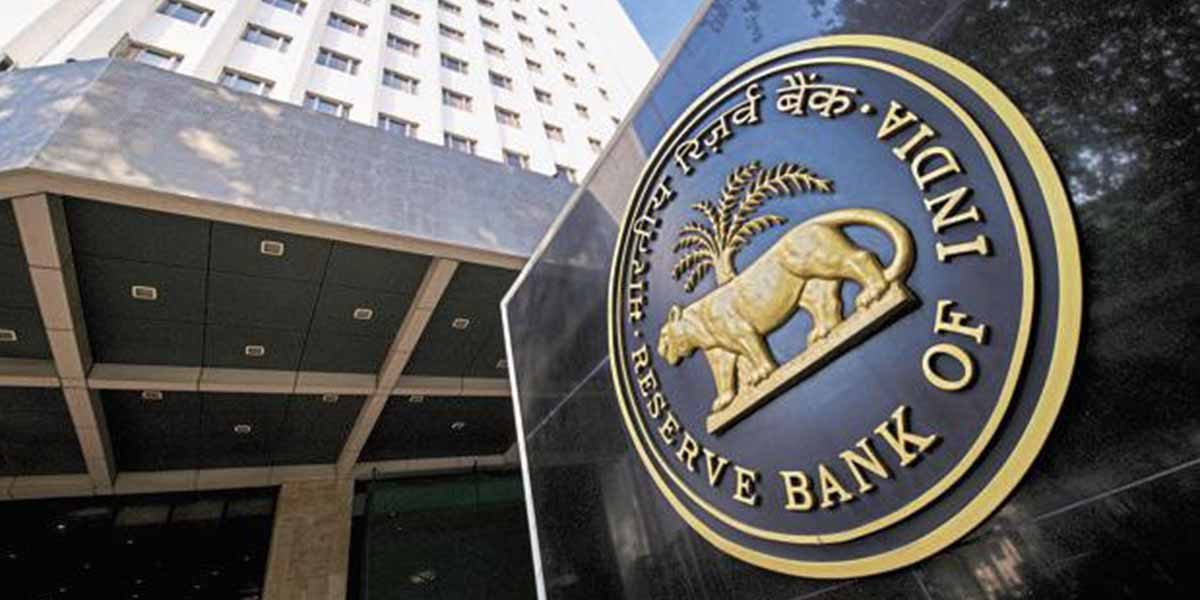The Reserve Bank of India on Wednesday announced which recommendations of its working group on digital lending (announced last January) it would implement. The new regulations essentially make it so that all loans can only be offered by RBI-regulated entities directly into debtors’ bank accounts, without any middle ‘pool,’ a requirement that may hurt some digital lending apps.
“Any fees, charges, etc., payable to [Loan Service Providers] in the credit intermediation process shall be paid directly by [RBI-regulated entity] and not by the borrower,” the central bank said in its announcement.
The bank said that key facts on digital loans, like the main terms and conditions, and the annual interest rate percentage, should be disclosed to the borrower before the loan is disbursed. “Automatic increase in credit limit without explicit consent of borrower is prohibited,” the RBI said, potentially hitting out at practices that might encourage borrowers getting into debt traps when they cannot repay.
“A cooling-off/look-up period during which the borrowers can exit digital loans by paying the principal and the proportionate [annual interest] without any penalty shall be provided as part of the loan contract,” the RBI said.
The RBI also said that details of a grievance officer should be posted on the websites of loan providers as well as the banks and NBFCs that finance that loan.
The central bank also said that data collected by lenders and banks should have “clear audit trails” and should only be collected as required, with borrowers having the option to refuse consent of use of specific data by creditors.
Additionally, digital lending apps are now required to report all loans to credit agencies, regardless of how long the duration of the loan is, or what the other terms of lending are.
The above recommendations are in force with immediate effect. But the RBI also outlined a few recommendations that it would either not implement immediately or consult the government and other stakeholders before proceeding on.
Some of these include setting detailed technical security requirements, notifying borrowers whenever information on them is sent to credit bureaus, and diversifying data sets supplied to algorithms that determine creditworthiness. The RBI also said that it would create a framework for loan aggregators, something that is currently not in place.
The RBI also put off requiring a self-regulatory organization for digital lenders and entities that finance their loans until it has worked out specifics with the government.
The RBI has asked the government to pass a law to prevent unauthorized lending by banning unregulated loans. “To ensure that only authorised and trusted DLAs are used by consumers, an independent body styled as Digital India Trust Agency (DIGITA) should be set up. DIGITA shall discharge the functions of verifying DLAs before such apps can be publicly distributed through app store [sic],” the RBI said.
The bank also recommended that the central government create a National Financial Crime Record Bureau, along the lines of the NCRB, to gather detailed statistics on financial crimes in India.
Interestingly, the RBI also recommended that Know-Your-Customer guidelines for mobile SIM purchases should be strengthened. KYC requirements for SIM purchases are already among the most demanding internationally in India.














